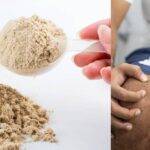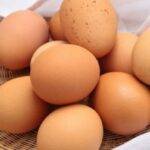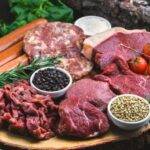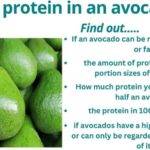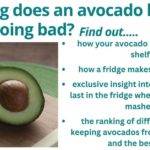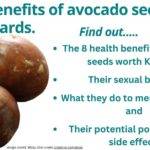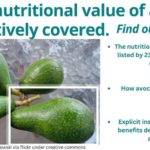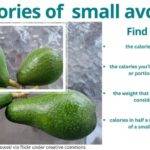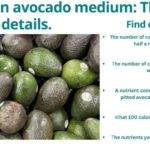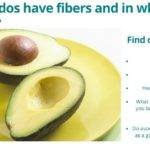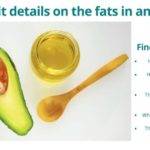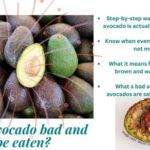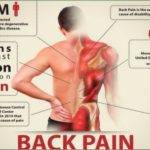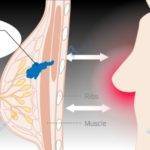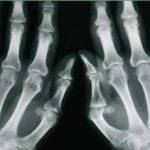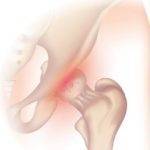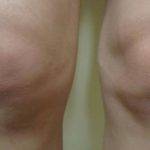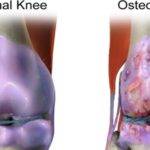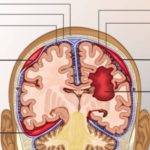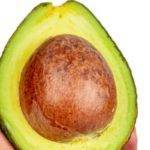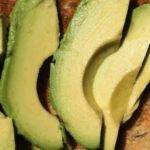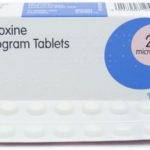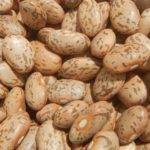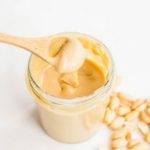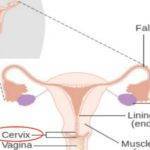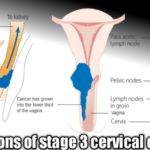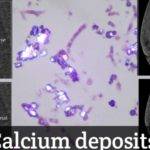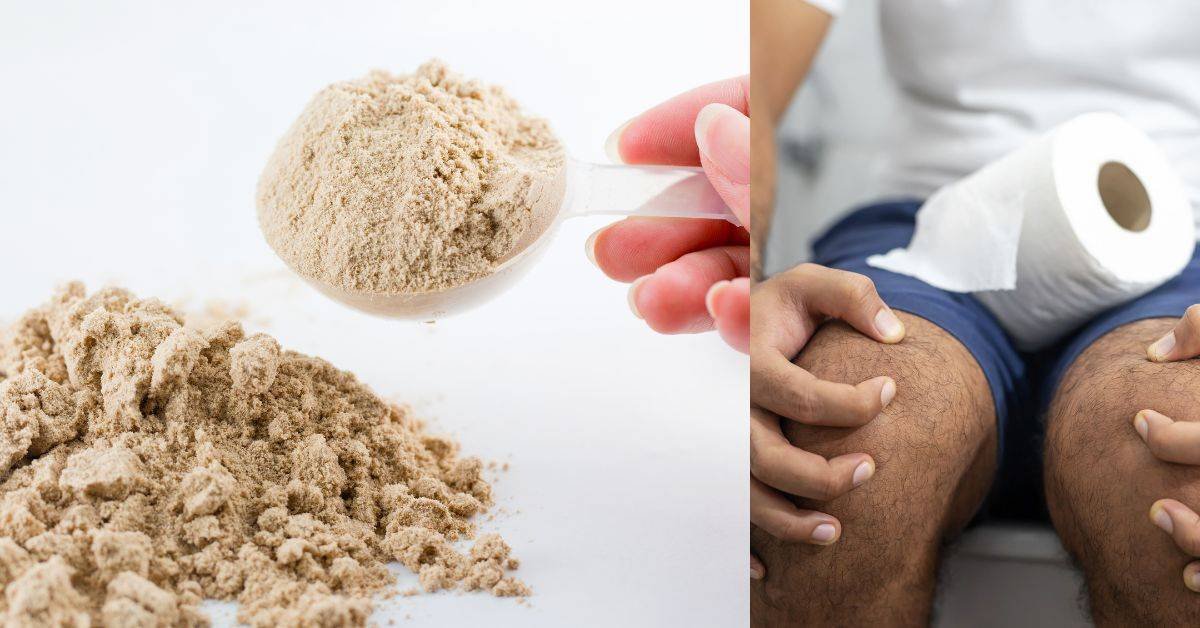
Table of Contents
Protein powder may cause constipation in some people but may not in others. How protein powders affect you depends on factors like the type of protein powder, what it contains, your body’s enzymatic factors, and allergies. These can individually or collectively determine if protein powders can get you constipated.
Proteins are essential nutrients in the body used for various purposes, from making digestive enzymes to antibodies for immunity. They can contribute immensely to your weight loss efforts as we discussed exhaustively in a previous article but given certain conditions, they may help you gain weight.
Though there is no limit to how much protein your body can absorb, there is a limit to how much you can safely consume daily. Taking too much protein powder comes with mild to severe symptoms including constipation as discussed in a previous article you may want to read.
In this article we will go deeper into the role of protein powder on constipation and why you may or may not be constipated by taking it.
Kindly keep in touch by signing up for our newsletter:
5 reasons protein powders may cause constipation.
Some people complain of constipation by consuming protein powder while others don’t. This is because there is more than one channel linking protein powder to constipation. For this reason, if you experience constipation with the use of protein powder, ensuring your digestive health with continued consumption of the powder may be complicated.
Below are some of the most common ways protein powders may get you constipated and some tips on how to reduce the effect and improve your digestive health.
Allergies: Some people are allergic to cow milk protein also called whey protein. Research published in the Journal of Pediatrics has linked idiopathic chronic constipation to cow milk protein allergy.1 Unfortunately, protein powder often contains whey protein which may serve as a reason for your constipation for taking it.
If you are allergic to cow milk protein you may want to avoid protein powders containing whey protein.
Type of protein powder: The type of protein powder in question is another reason why you may have constipation. Whereas protein powder from animal sources may get you constipated, those from plant sources won’t.
However, if you are allergic to whey protein, there is no guarantee you won’t get constipated by consuming protein powders from plant sources but with added whey protein. Therefore, you must consider the individual components in the nutrition label of protein powders to decide which won’t get you constipated.
Lack of the required digestive enzyme: Milk contains a kind of sugar called lactose. Whey protein often retains some lactose in it. So when it is used in protein powder you not only have a powder with whey protein but also one containing lactose.
The digestion of lactose requires an enzyme called lactase. Lactase deficiency in some people leads to a condition called lactose intolerance. A review published in the National Library of Medicine suggests that constipation is a symptom of 30% of cases of lactose intolerance.2
Imagine where you have cow milk allergen and at the same time suffer from lactose intolerance. Consuming protein powder that contains whey protein leaves you with a double chance of becoming constipated.
Fiber: Proteins have no fibers and dietary fibers are one sure remedy for constipation. Dietary fibers are usually from plants which explains why protein powders of plant origin are less likely to cause constipation than those from animal sources.
Some people are not allergic to cow milk protein or suffer from lactose intolerance yet get constipated from taking protein powders. It may be they are taking so much protein powder with poor fiber content or no fiber at all. Luckily, there are protein powders that are fortified with fiber. Those may be the right powder for them.
Artificial sweeteners: There is no consensus on this but there are indications artificial sugars found in protein powders can cause gastrointestinal disturbances which may include constipation according to a publication in the National Institute of Health.3
This is more so in patients with irritable bowel syndrome (IBS) and Inflammatory bowel disease (IBD). If you suffer from any of these two diseases, avoiding or limiting your consumption of products with artificial sweeteners may do you much good.
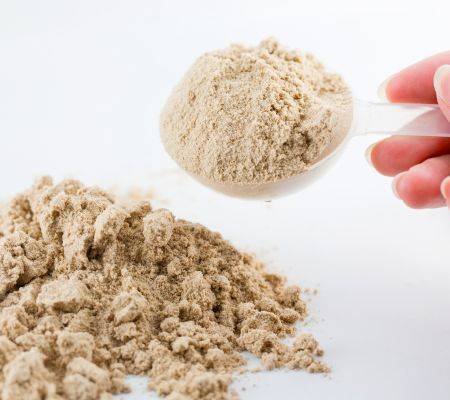
Can too much protein cause constipation?
In reality, taking too much protein often means consuming less of other food sources, especially plant-based ones. This can result in constipation because proteins lack fibers but you may not get constipation if your protein is largely from plant sources. In essence, taking too much protein may or may not cause constipation depending on the source of the protein.
Though proteins typically don’t have fibers, you don’t expect to get constipated from consuming them along with a normal balanced healthy diet. A balanced diet represents one with an adequate amount of dietary fiber and other essential nutrients.
So taking a whole lot of protein in one meal cannot get you constipated so long as the meal was consumed with enough dietary fiber. It is the lack of sufficient fiber in your meal that results in constipation and not the protein.
Nonetheless, if you are allergic to milk protein and, or suffer from lactose intolerance, you don’t need to consume too much protein powder containing these ingredients to get constipated. You can have constipation by taking just enough of it.
Protein powder that doesn’t cause constipation.
A protein powder that is not expected to cause constipation is purely plant-based powder without artificial sweeteners. This should work for you even if you have irritable bowel syndrome, lactose intolerance, or milk protein allergy.
On an individual basis, protein powders that won’t get you constipated are those with adequate fiber content and little to no artificial sweeteners. They should be right for you if you are not allergic to milk protein, tolerate lactose, and without the health conditions that make it more likely for you to have constipation from artificial sweeteners.
Can a high-protein diet cause constipation?

Where a high protein diet means consuming less of other essential nutrients in a balanced diet, you can get constipated. However, if by going on high protein diets you maintain adequate consumption of other nutrients, including dietary fiber, you can’t get constipated unless there are other underlying problems.
Underlying problems that can get you constipated by consuming high protein diets include allergy to whey protein, lactose intolerance, etc.
For those whose constipation is due to the lack of fiber, taking protein powders with up to 5g of fiber per serving should solve your problem. Any food that contains a minimum of 2.5g of fiber per serving is considered a good source of fiber according to the FDA.
You may learn more about your daily dietary fiber requirement in another article that answers the question of whether avocados have fibers. That will be all on this topic. See you in the next topic but if you have more questions drop it in the comment box or email us.
References.
- Iacono, G., Carroccio, A., Cavataio, F., Montalto, G., Cantarero, M., & Notarbartolo, A. (1994). Chronic constipation as a symptom of cow milk allergy. The Journal of Pediatrics, 126(1), 34-39. https://doi.org/10.1016/S0022-3476(95)70496-5 ↩︎
- Leszkowicz, J., Plata-Nazar, K., & Szlagatys-Sidorkiewicz, A. (2022). Can Lactose Intolerance Be a Cause of Constipation? A Narrative Review. Nutrients, 14(9). https://doi.org/10.3390/nu14091785 ↩︎
- Spencer, M., Gupta, A., Dam, L. V., Shannon, C., Menees, S., & Chey, W. D. (2016). Artificial Sweeteners: A Systematic Review and Primer for Gastroenterologists. Journal of Neurogastroenterology and Motility, 22(2), 168-180. https://doi.org/10.5056/jnm15206 ↩︎









